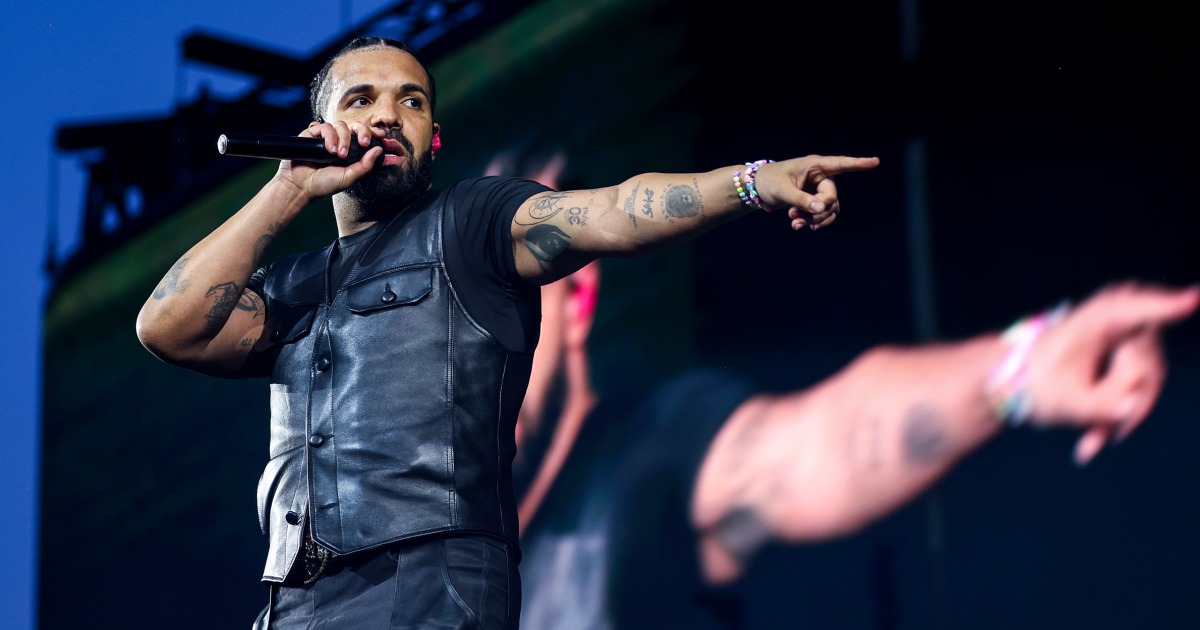A federal judge has dismissed Drake’s defamation lawsuit against Universal Music Group over Kendrick Lamar’s hit diss track “Not Like Us.”
The ruling marks the legal culmination of a prolific feud between Drake and Lamar that spanned much of 2024, when the two rappers dropped a slew of tracks aimed at each other.
In January, Drake, whose real name is Aubrey Drake Graham, sued his record label in the U.S. District Court for the Southern District of New York, accusing UMG of defaming him by promoting “Not Like Us,” which contains lyrics accusing Drake of being a pedophile. (Lamar was not named as a defendant in the suit.)
UMG, which represents both Drake and Lamar through different divisions, fired back in March with a motion to dismiss, claiming the suit was “no more than Drake’s attempt to save face for his unsuccessful rap battle” with Lamar.
In her decision on Thursday, U.S. District Judge Jeannette Vargas granted the record label’s motion to dismiss, stating that “the allegedly defamatory statements in ‘Not Like Us’ are nonactionable opinion.”
“The issue in this case is whether ‘Not Like Us’ can reasonably be understood to convey as a factual matter that Drake is a pedophile or that he has engaged in sexual relations with minors,” the judge stated in the decision. “In light of the overall context in which the statements in the Recording were made, the Court holds that it cannot.”
In his lawsuit, Drake had also accused UMG of conspiring to “artificially inflate” Lamar’s “Not Like Us” on Spotify, including by using pay-to-play schemes, bots and other tactics.
“Not Like Us” was the bestselling rap recording of 2024, and Lamar swept this year’s Grammy Awards, taking home five wins. He headlined the Super Bowl halftime show in February, where the crowd loudly sang along as he performed the diss track.
In Vargas’ decision Thursday, she stated that Drake’s claims were based on “unreliable online commentary” in the form of social media posts.
Ultimately, the court stated, Drake “fails to provide any facts or circumstances that would make it ‘highly plausible’ that UMG conducted such covert business tactics,” and his complaint additionally failed to show “how any of the deceptive practices allegedly utilized by UMG harmed consumers.”

In his original complaint, Drake had emphasized that the lawsuit is “not about” Lamar but rather that it is aimed at “the music company that decided to publish, promote, exploit, and monetize allegations that it understood were not only false, but dangerous.”
It mentioned several instances of assailants attempting to threaten Drake at his home last May in the days after the song was released, including one case of a gunman shooting and wounding his security guard.
Representatives for Drake and Lamar did not immediately respond to a request for comment.
A spokesperson for UMG said the label is “pleased with the court’s dismissal and look[s] forward to continuing our work successfully promoting Drake’s music and investing in his career.”
“From the outset, this suit was an affront to all artists and their creative expression and never should have seen the light of day,” the spokesperson said in a statement.


